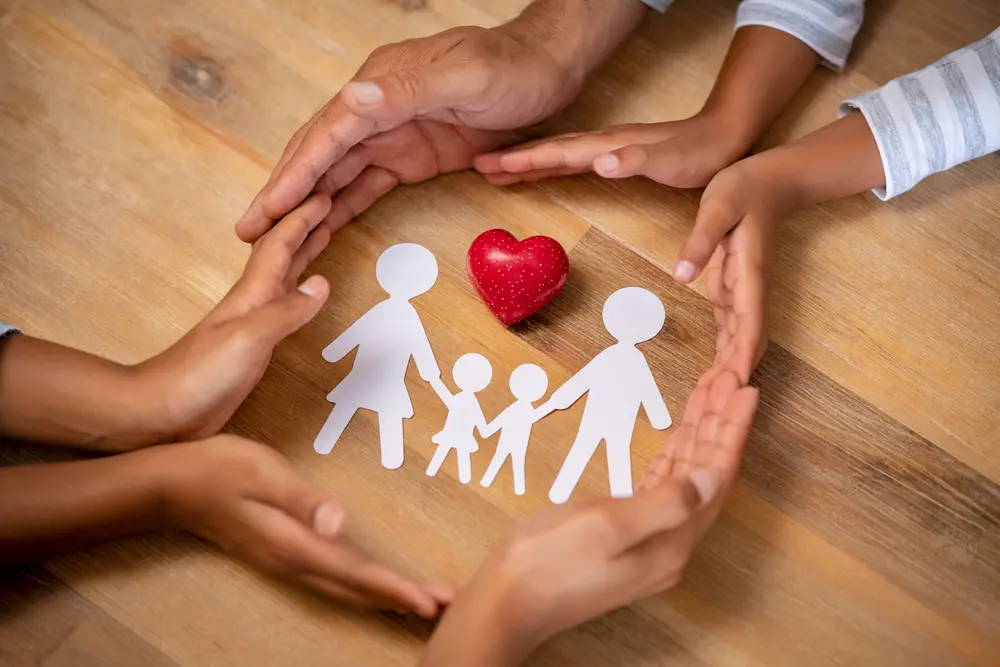Organ donation is a beacon of hope and a pivotal element in the realm of medical science, offering a second chance at life for countless individuals facing life-threatening conditions. This generous act not only embodies the essence of human altruism but also carries profound implications for society, healthcare systems, and the individuals it directly affects. The impact of organ donation extends far beyond the operating room, influencing medical research, societal health, and the fabric of communities around the globe.
The Lifesaving Power of Organ Donation
At its core, organ donation is a lifeline, rescuing patients from the brink of death and granting them renewed health and longevity. The scarcity of available organs compared to the growing number of patients on waiting lists underscores the dire need for increased donor registration. Each donated organ can save up to eight lives, highlighting the remarkable potential of individual donors to make a substantial difference.
Bridging the Gap: Addressing the Organ Shortage Crisis
One of the most pressing challenges in the medical field is the critical shortage of available organs. Thousands of individuals are added to transplant waiting lists annually, yet the number of donors does not meet this escalating demand. This gap results in prolonged waiting periods, during which time many patients succumb to their conditions. Promoting awareness and encouraging registration as organ donors is crucial to bridging this gap and saving more lives.
The Ripple Effect: Beyond Saving Lives
The impact of organ donation extends well beyond the immediate beneficiaries. For families of donors, it offers a sense of solace and purpose in the midst of grief, knowing their loved one’s legacy continues through the lives saved. Recipients, on the other hand, receive a second chance at life, allowing them to resume roles as active, contributing members of society. This renewed participation enriches communities, bolsters economies, and strengthens social bonds.
Ethical Considerations and Social Responsibility
Organ donation also prompts important ethical discussions and reinforces the concept of social responsibility. It challenges individuals and communities to consider their role in addressing the collective health of society. By choosing to become donors, people can contribute to a culture of generosity and collective care, setting a powerful example for future generations.
Enhancing Medical Research and Education
Donated organs not only save lives but also serve as invaluable resources for medical research and education. Researchers can study donated organs to better understand the mechanisms of diseases, develop new treatments, and improve transplantation outcomes. This research paves the way for advancements in medical science, benefiting not just current but also future patients.
Encouraging Informed Decisions Through Education
Education plays a key role in demystifying organ donation and addressing common misconceptions. Informative campaigns and discussions can illuminate the process, the impact of donation, and the safeguards in place to ensure ethical practices. By fostering a well-informed public, society can increase the number of registered donors and enhance support for organ donation initiatives.
The Path Forward: Collective Action and Policy Support
For organ donation to reach its full potential, concerted efforts from individuals, communities, and policymakers are necessary. This includes implementing policies that encourage donation, such as opt-out systems, where all individuals are considered potential donors unless they choose otherwise. Additionally, ongoing support for transplant programs and research initiatives is crucial for advancing the field and improving outcomes.
Conclusion
The critical importance of organ donation to society cannot be overstated. Its impact resonates through the lives saved, the families comforted, and the advancements in medical science. By choosing to donate, individuals can leave a legacy of hope and compassion, underscore the interconnectedness of society, and contribute to a healthier, more resilient community. As we look to the future, let us recognize the power of organ donation to transform lives and work together to support this vital cause. Through awareness, education, and policy reform, we can overcome the challenges and ensure that everyone in need of a transplant receives the gift of life.
This story was created using AI technology.














